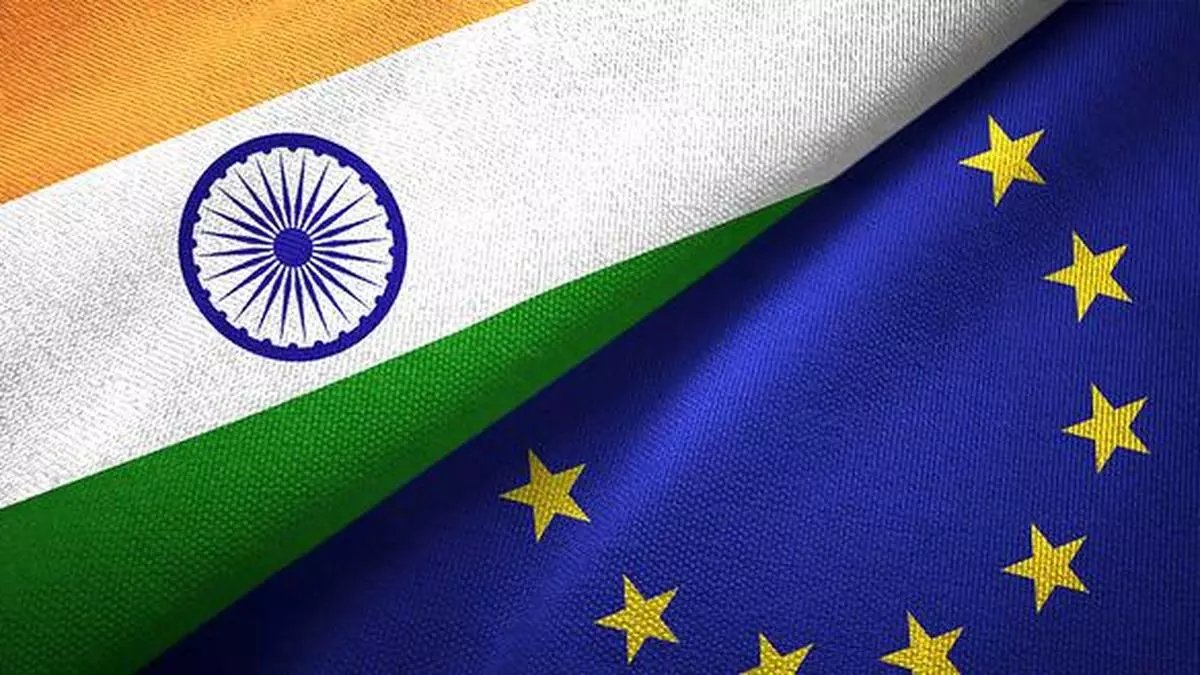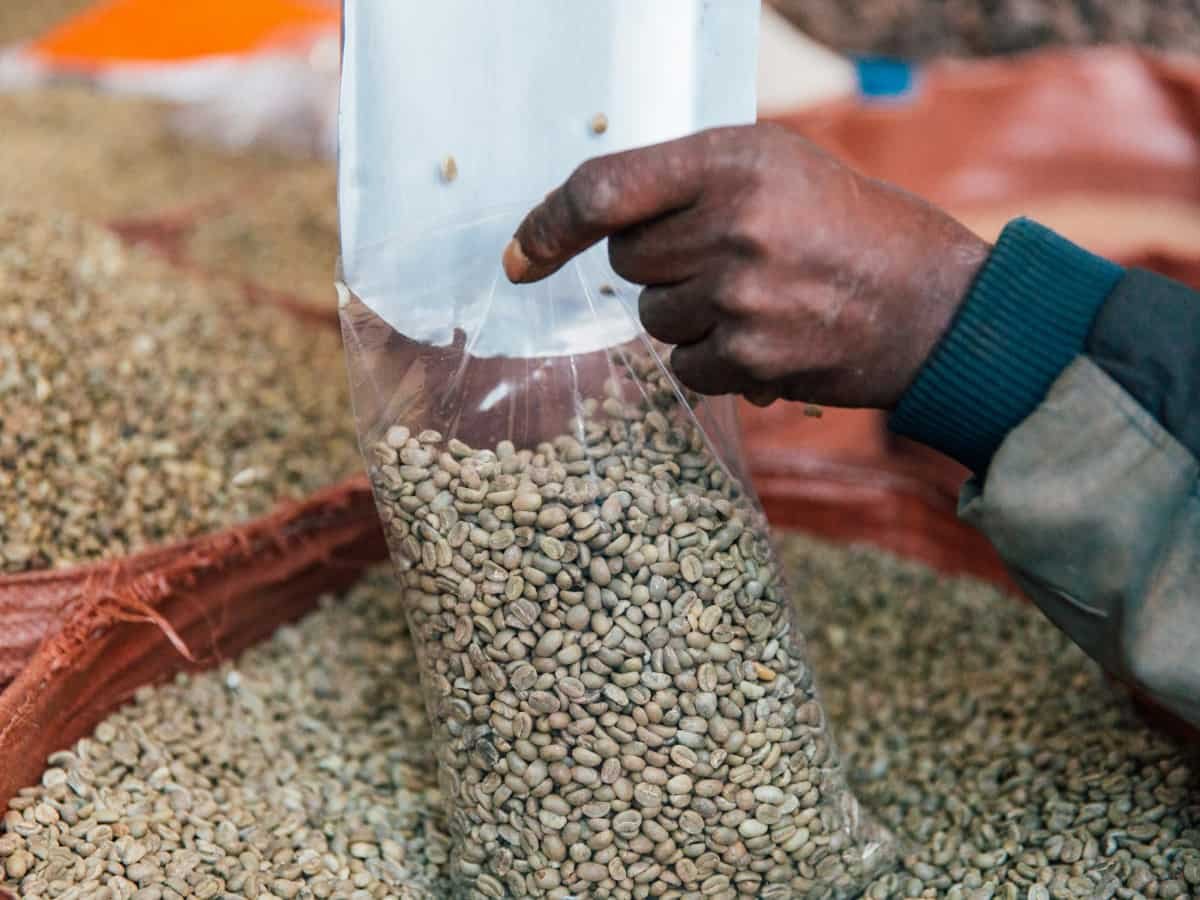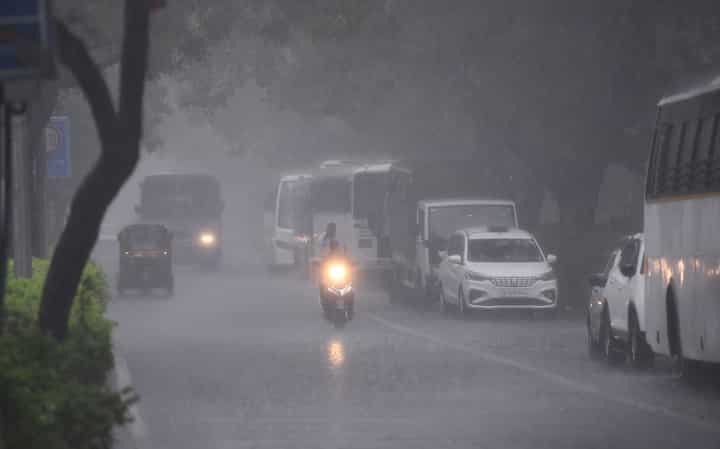India will pursue with the EU ways to mitigate the industry’s concerns on complying with the bloc’s environmental rules, such as the Carbon Border Adjustment Mechanism (CBAM) and the Deforestration-free products Regulation (EU-DR), at the week-long negotiations for the ninth round of the India-EU Broad-based Trade and Investment Agreement (BTIA) starting in Delhi on Monday.
While focus will also be on bridging disagreements in various other important issues such as tariff cuts, other market access matters, services, investments, intellectual property and sustainability, Indian negotiators are likely to continue to play up concerns related to environmental rules, sources said.
- Also read: US-India partnership stronger, closer, more dynamic: Biden
“Indian firms are concerned about the potential negative impacts of regulations like the CBAM, EU-DR and supply chain regulation. These regulations would adversely impact India’s exports to EU. After implementation of the FTA, the EU products will continue to enter India at zero duties, but Indian products may pay 20-35 per cent tariff equivalent as CBAM charges,” according to Ajay Srivastava from Delhi-based research body Global Trade and Research Initiative.
While the CBAM will result in levies on items identified as carbon-intensive, such as steel and cement, imported from non-EU countries beginning January 2026, the EU-DR, under which the exporters of certain identified items will have to prove that their products do not contribute to deforestation, can hurt Indian exports of over $1 billion, per industry estimates.
“A suitable text may be inserted in the FTA chapters dealing with this possibility,” a report compiled by GTRI suggested.
The FTA talks between India and the EU, which first began in 2007 but reached a stalemate in 2013 over issues such as market access for specific goods, specifically automobiles and wines & spirits, were re-started in 2022.
The main areas of negotiations include tariff reductions, improving market access for goods and services, protecting intellectual property, enhancing trade in services, protecting investments, government procurement, sustainability issues including environmental and labor standards, data protection and data flow, harmonising regulations and standards and establishing mechanisms to resolve trade disputes.
The EU is India’s largest trading partner, accounting for €124 billion worth of trade in goods in 2023 or 12.2 per cent of total Indian trade, topping the USA (10.8%) and China (10.5%), according to the EU.
- Also read: US hands over 297 antiquities smuggled out of India during PM Modi’s visit




